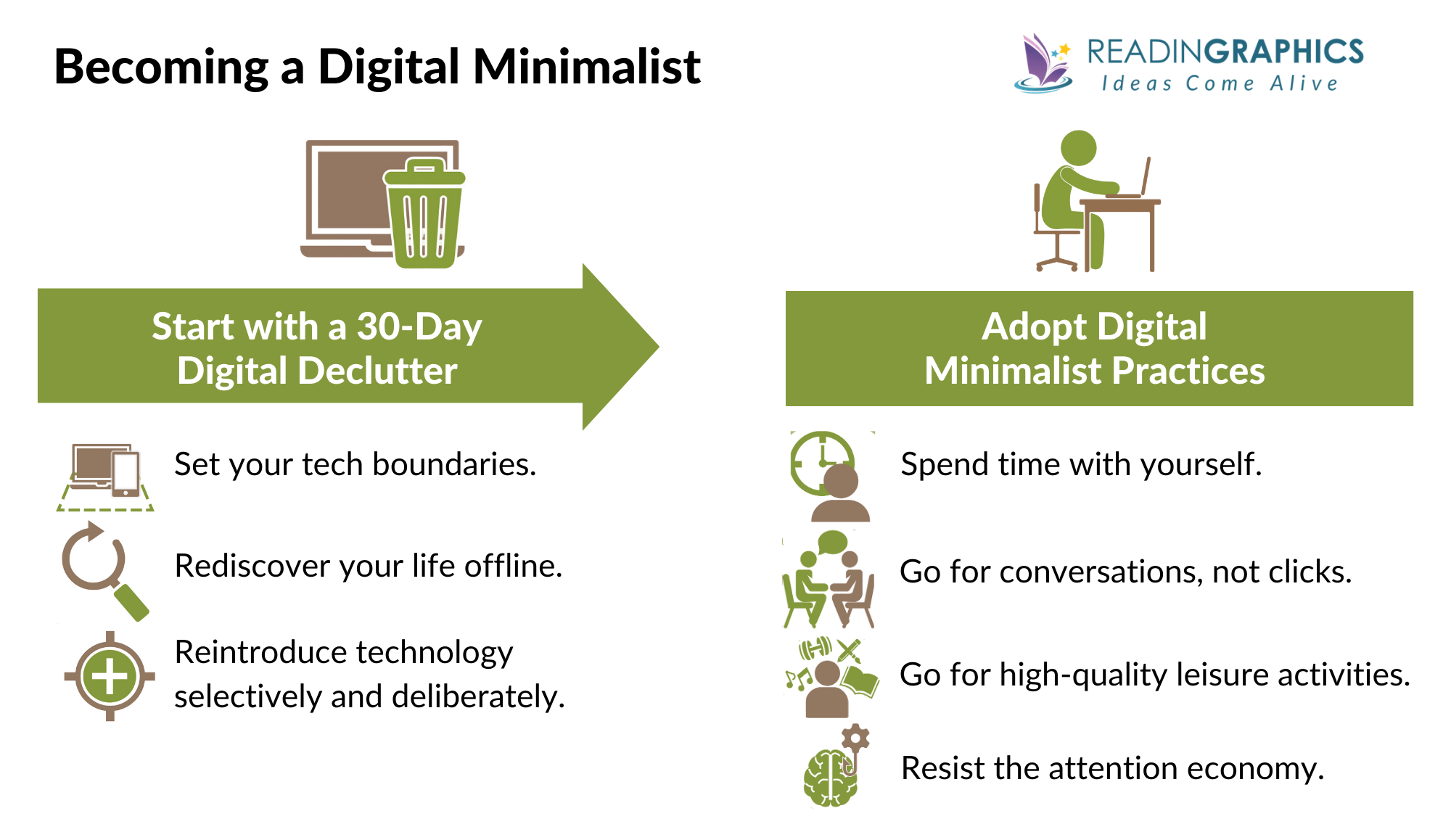Why Technology Kind of Sucks Now: The Loss of Rituals
Technology used to be an experience, a process filled with rituals that made it feel special. When I was growing up, every piece of tech came with a set of rituals that heightened the excitement. Watching your favorite show meant waiting for a specific time every week. Getting the latest video game required physically going to a store, picking up a physical copy, and bringing it home. Even Netflix had a ritual—you picked movies online, and they arrived in your mailbox, adding a layer of anticipation.
There was effort involved. You had to be intentional about what you consumed. But now, we’ve reached the peak of convenience, and with that, we’ve hit diminishing returns. Everything is instant. Movies, shows, games—downloadable, streamable, and endlessly bingeable. The need to wait, to look forward to something, to participate in the process, is almost gone.
At first, this was incredible. The sheer convenience was a dream come true. But now? I feel lethargic, like I’m just consuming without the same sense of satisfaction. Before, when I bought a game, I knew it had a shelf life—I would play it, finish it, maybe replay it, then move on and wait for the next one. That wait could be months or even years. That cycle gave meaning to the experience.
It’s no surprise that more people are rethinking their relationship with technology. There’s been a rise in movements centered around digital minimalism and intentional tech use. Communities like r/dumbphones and r/digitalminimalism on Reddit are filled with people rejecting modern hyper-connectivity in favor of simpler, more deliberate tech habits.
The Science Behind Our Tech Fatigue
Studies have shown that excessive digital consumption contributes to higher levels of stress, anxiety, and even depression. According to a report from the American Psychological Association, 86% of Americans say they constantly check their emails, texts, and social media, which contributes to stress levels. Another study by Common Sense Media found that teens spend an average of 7 hours and 22 minutes per day on screens outside of schoolwork, leading to shorter attention spans and increased difficulty in disconnecting.
This isn’t just a personal issue—it’s a cultural shift. The rise of algorithm-driven content means that instead of seeking out information or entertainment, we’re bombarded with an endless stream of suggestions, autoplay features, and notifications that keep us hooked. There’s no longer a natural stopping point. And when everything is always available, nothing feels truly special anymore.
My Own Experiment in Digital Minimalism
I’m in that boat myself. I’m in the process of downgrading from an iPhone 14 Pro to an iPhone SE. Why? Because I feel like I have too much phone. I don’t need a device that keeps me constantly connected and distracted. The switch should help me spend less time glued to my screen and more time focused on things that actually matter. Plus, I missed the home button.
If you’re feeling the same way, I’d encourage you to reassess your technology. Ask yourself: Does this device bring me joy? If not, think back to a time when tech did make you happy. Maybe it was an old flip phone, an MP3 player, or a gaming console that felt more rewarding. Consider downgrading or simplifying your setup to bring back some of that magic.
As always, if you need help making your tech work better for your lifestyle, give me a call. Let’s bring intentionality back to your technology use.



